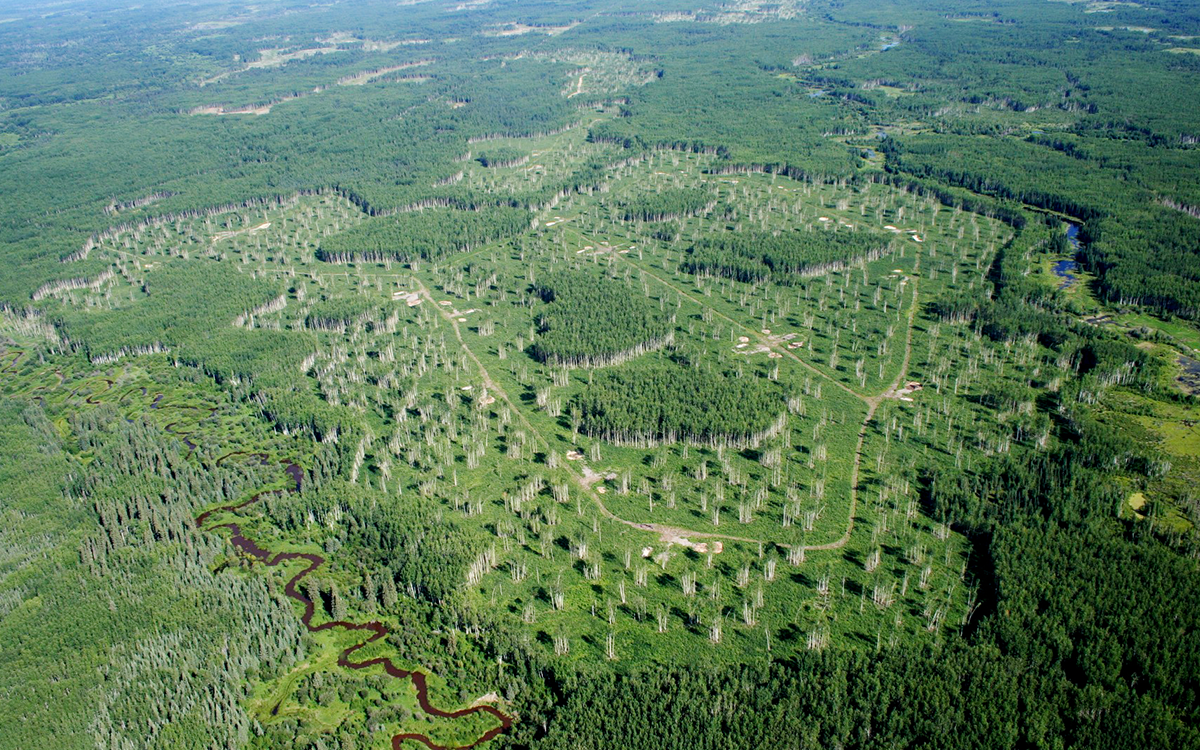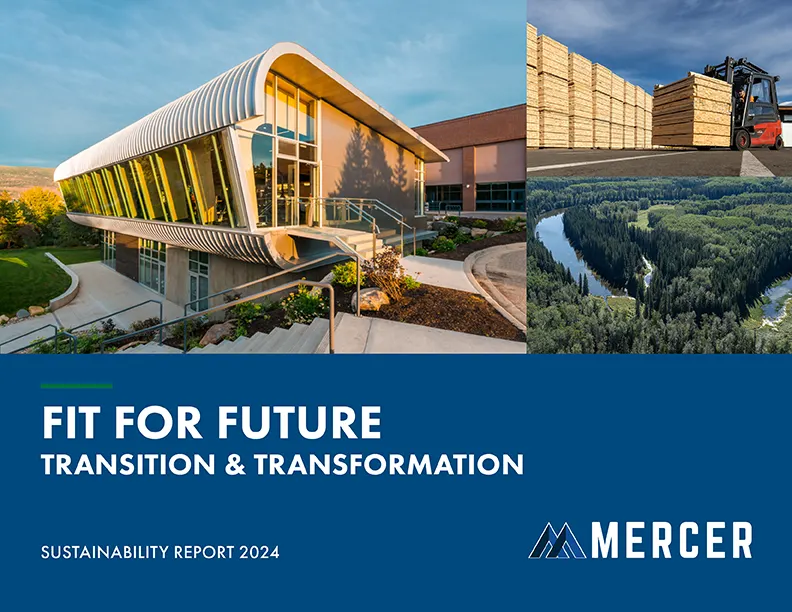The Ecosystem-based Management Emulating Natural Disturbance (EMEND) Project is a large-scale variable retention harvest experiment designed to test effects of residual forest structure on ecosystem integrity and forest regeneration at the forest stand-level. EMEND is a long-term project that began in 1998 and is forecast to run for one stand rotation, or approximately 80-100 years. The project, centered at the University of Alberta, is a collaboration between numerous research agencies, provincial and federal governments, and the forest companies operating in northwest Alberta.
Mercer leaves approximately 15% of hardwood post-harvest, one of the highest retention level of any company in the province, which leads to faster convergence with natural ecosystem processes. How we design our harvest areas, how much retention is left in them is rooted in the science and research from our own best practices and on-going studies such as EMEND.
Responsible planning and harvesting allows the forest to return to its natural state in approximately 13 years post-harvest, compared to what previously was a 70-year timeframe.


Managing Director, Mercer Peace River



